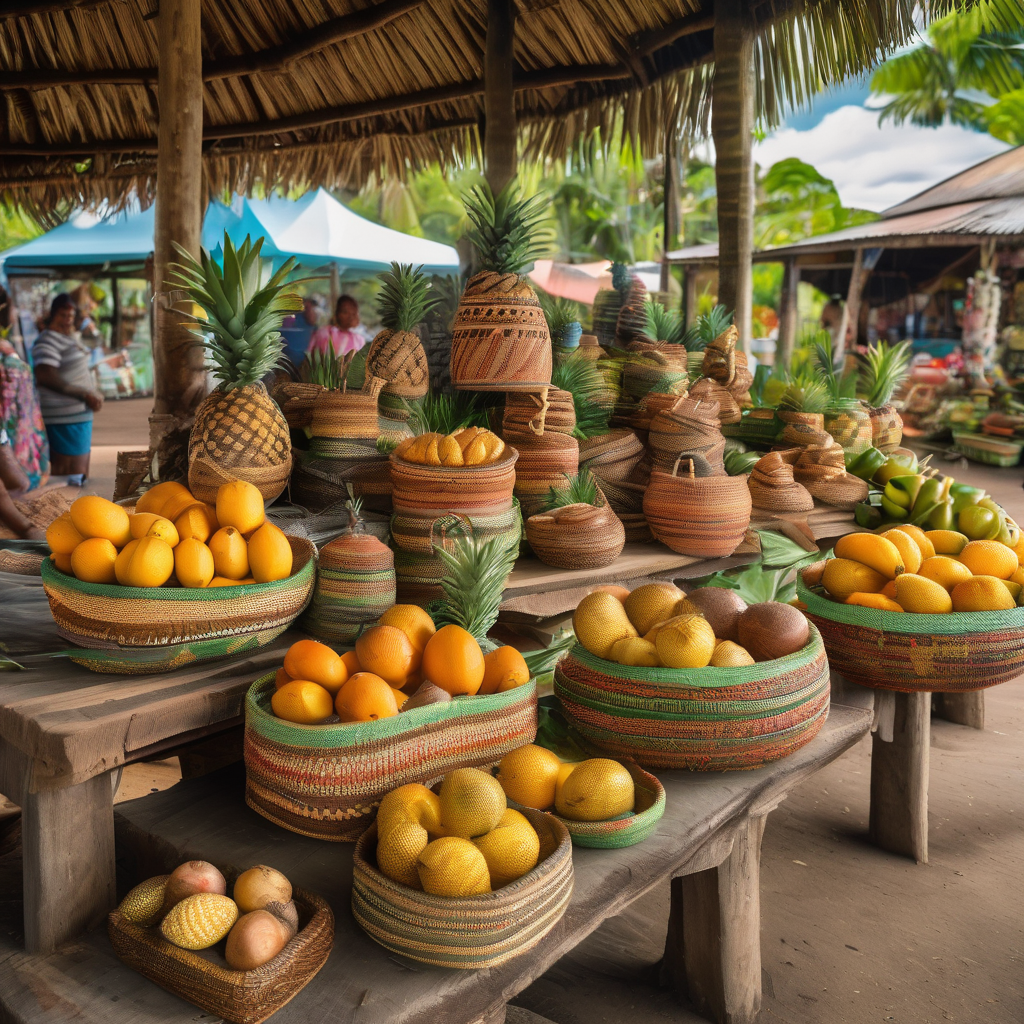Economic empowerment in Lau is being championed through local initiatives rather than dependence on government assistance, as highlighted by Tui Nayau, Ratu Tevita Uluilakeba Mara. He called for villagers to enhance productivity in key sectors such as copra, fisheries, and community enterprises, with the aim of building long-term resilience in their local economies.
Ratu Tevita pointedly remarked, “The Government can only assist so far,” emphasizing that meaningful progress arises when communities leverage their own resources while receiving government support in a supportive role rather than a leading one. He drew attention to the unsustainability of current copra prices, which are around $2000 per tonne, while farmers take home only $500 to $600 after considering production and transport expenses. To combat this issue, he discussed initiatives aimed at boosting productivity, including replanting coconut trees and enhancing processing methods.
Highlighting the need for a self-reliant mindset, Ratu Tevita stated, “Dependency on government funding does not develop people. We have to stand on our own two feet.” He encouraged communities to revive traditional trading practices and local investment strategies, asserting that, “Development through our own hands is the best development we can have.”
These ideas resonate with a larger movement among Pacific leaders advocating for economic self-sufficiency. Similar sentiments were echoed by other chiefs, including Ro Naulu Mataitini, who has urged the people of Rewa to adjust their expectations from immediate government aid to a proactive, outcome-focused approach to development. Mataitini’s insights are in line with ongoing discourse on the urgent need to revitalize local industries, a call echoed by various Fijian leaders like Marama Bale na Roko Tui Dreketi, who advocated for prioritizing local businesses over foreign investments.
The united focus on local empowerment and self-sufficiency in Lau and across the Pacific signifies a progressive move toward economic independence for communities. This strategy not only seeks to reinvigorate traditional practices but also inspires hope for a sustainable future. By embracing innovative methods while honoring local traditions, the vision articulated by leaders like Ratu Tevita may very well pave the way for a robust economic foundation for the people of Lau.
